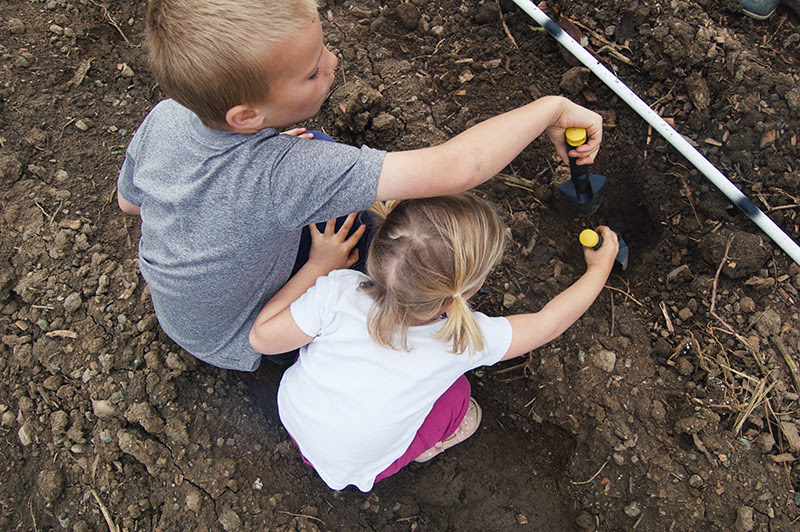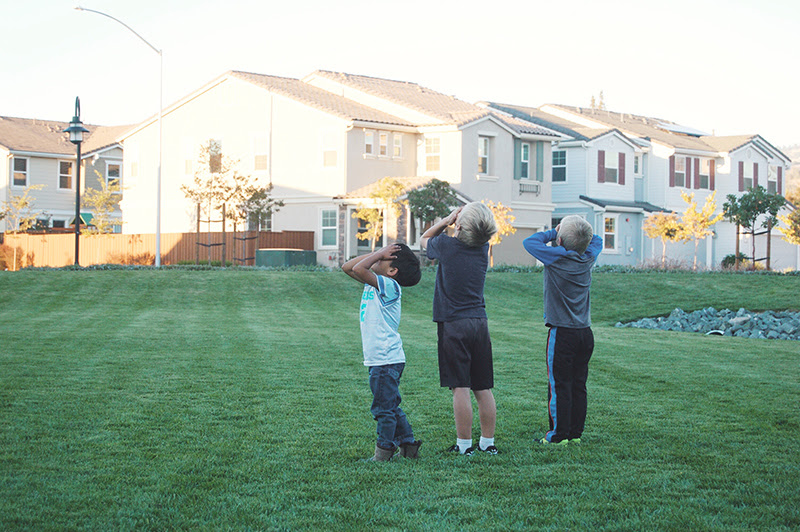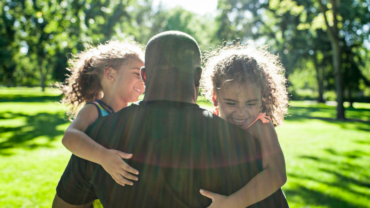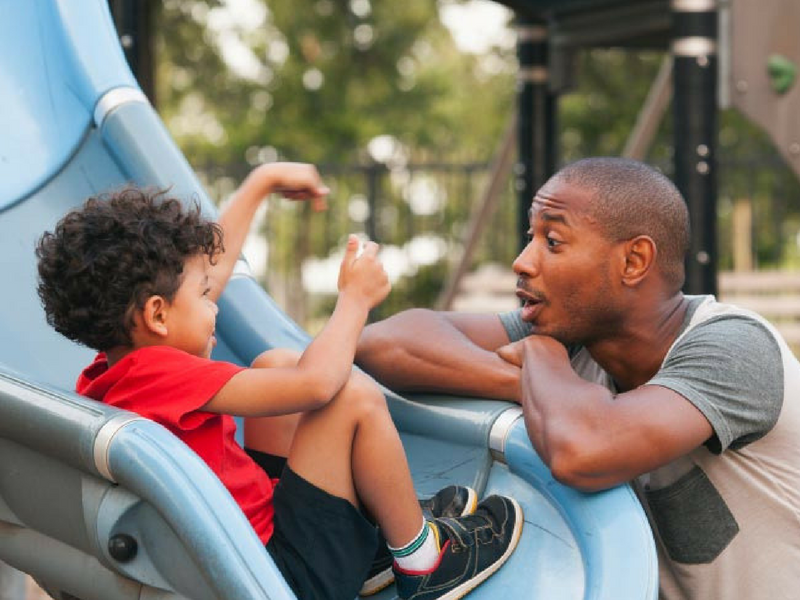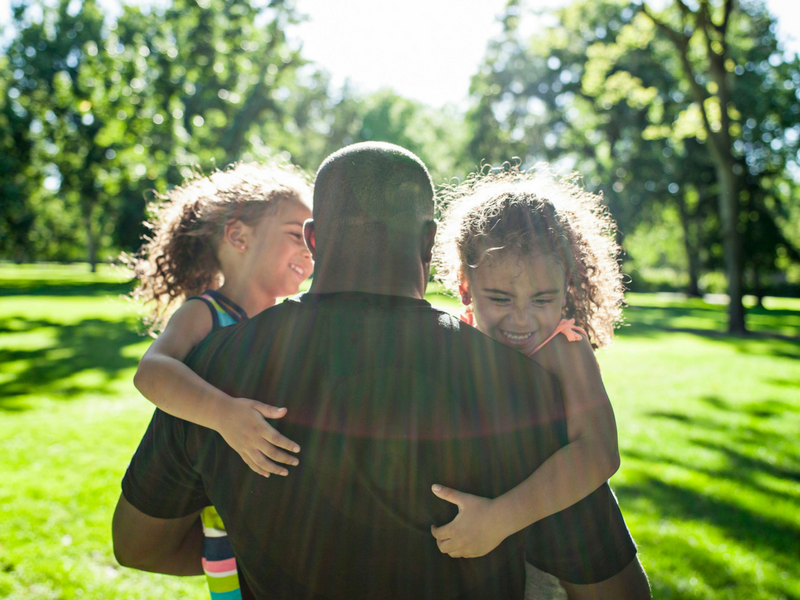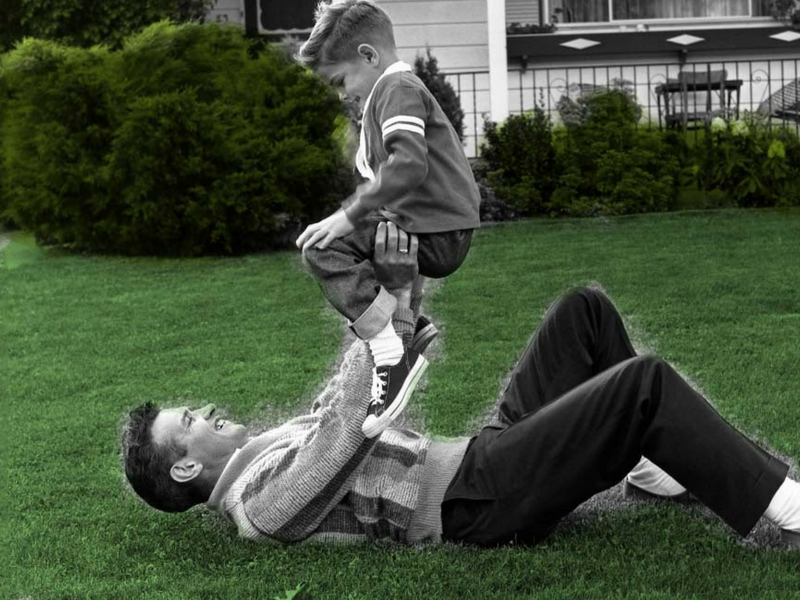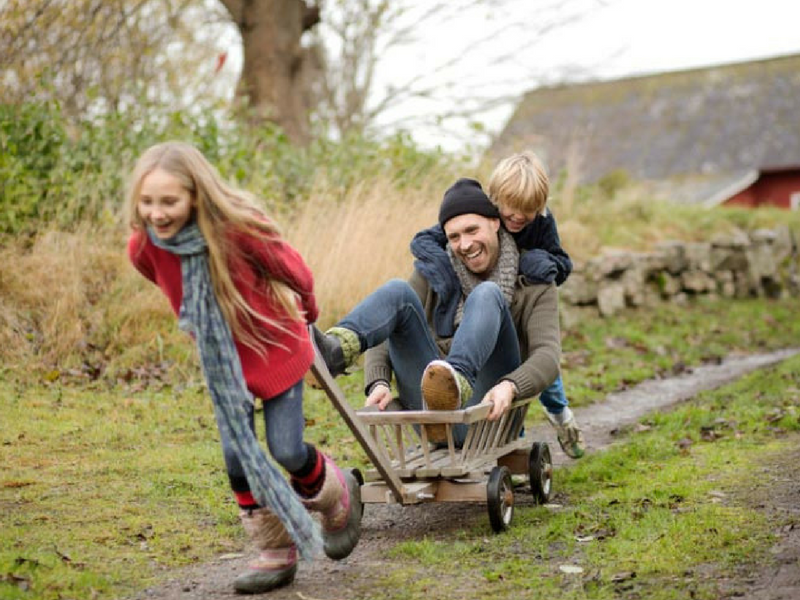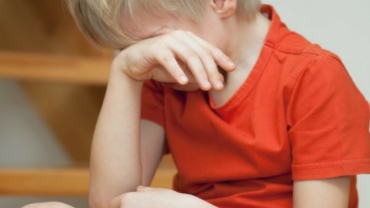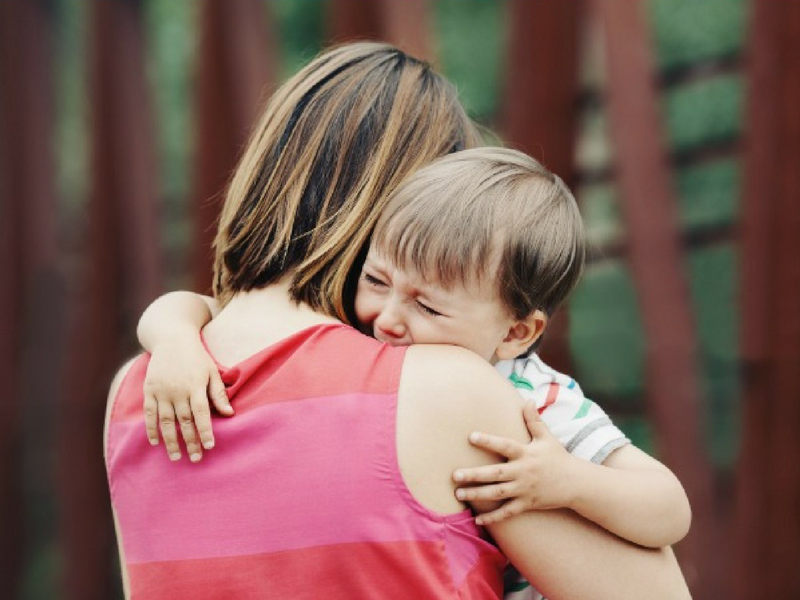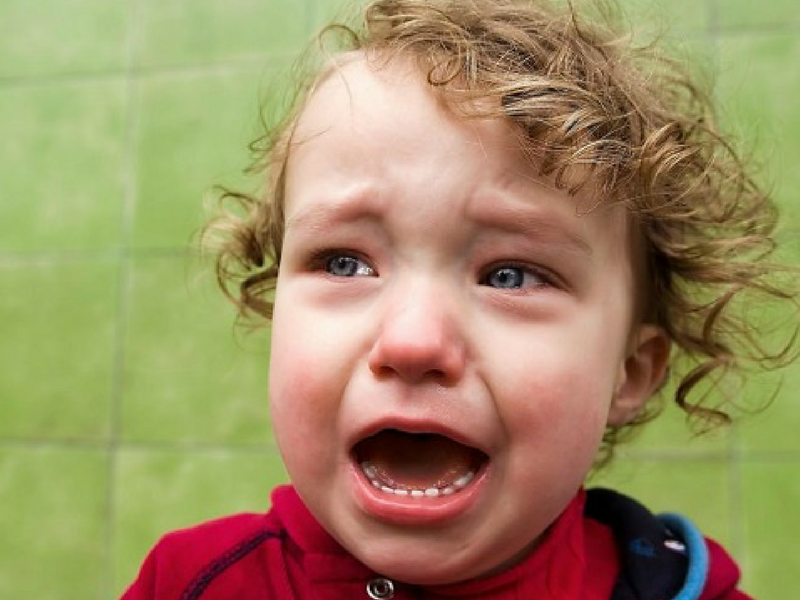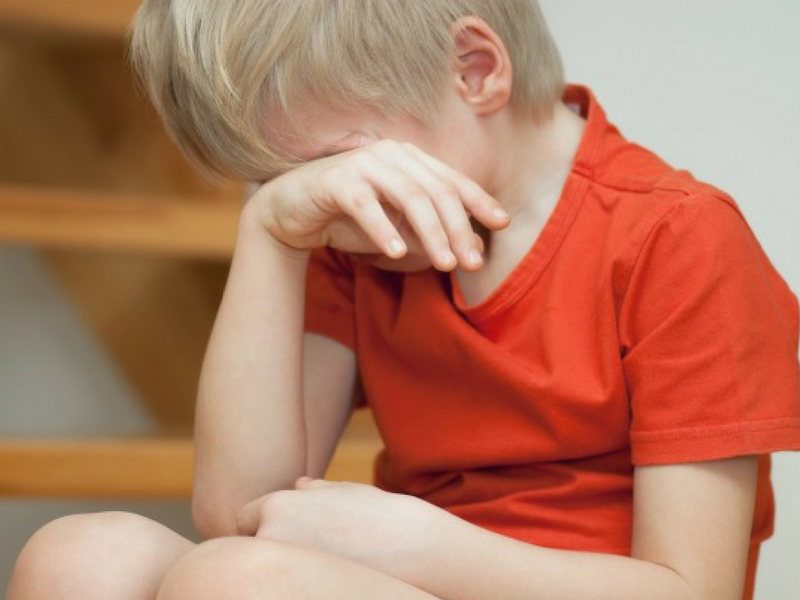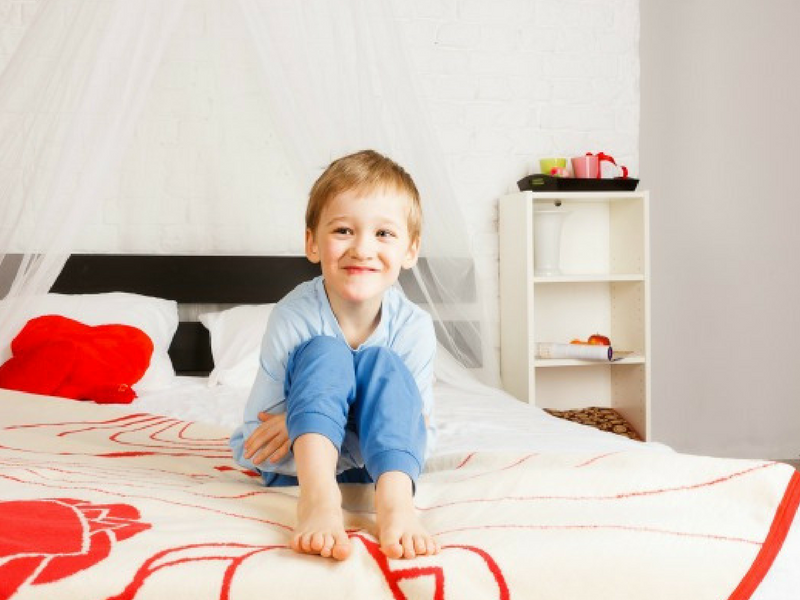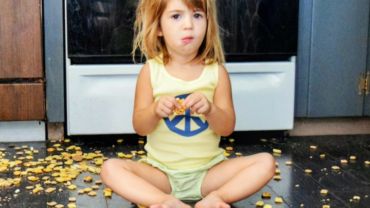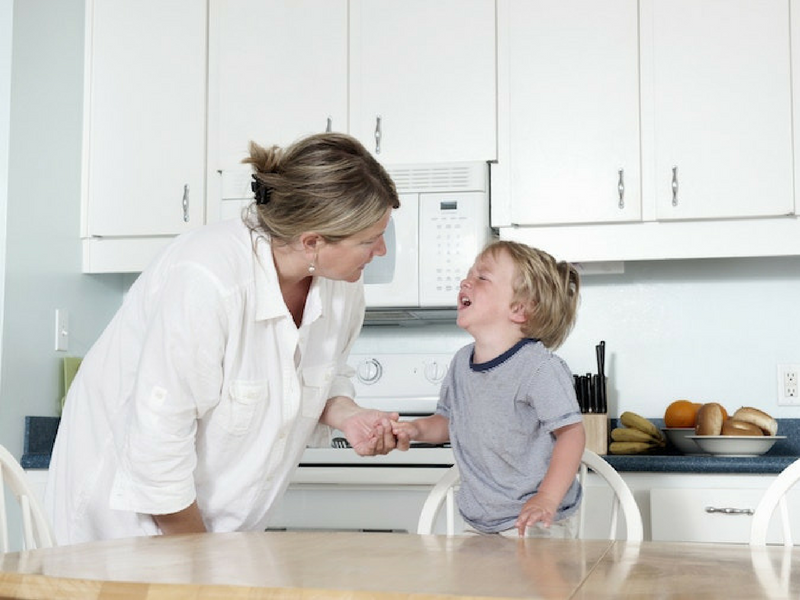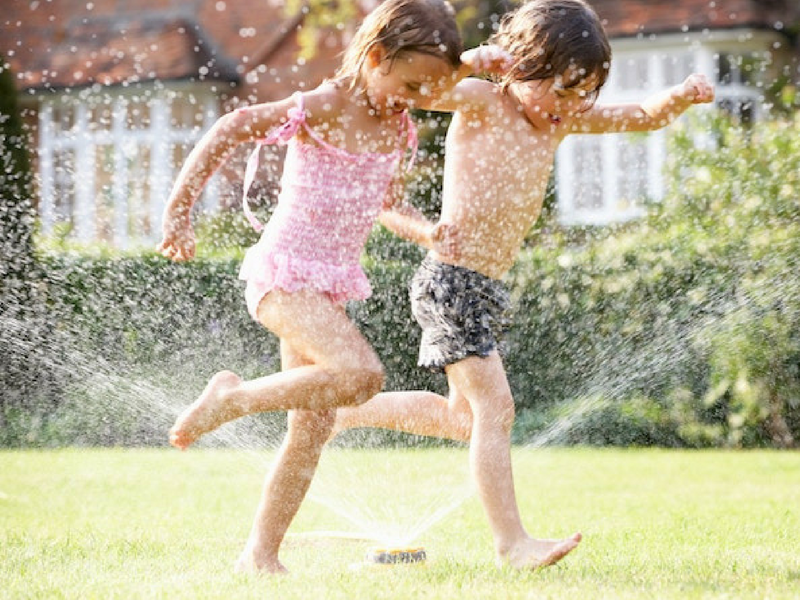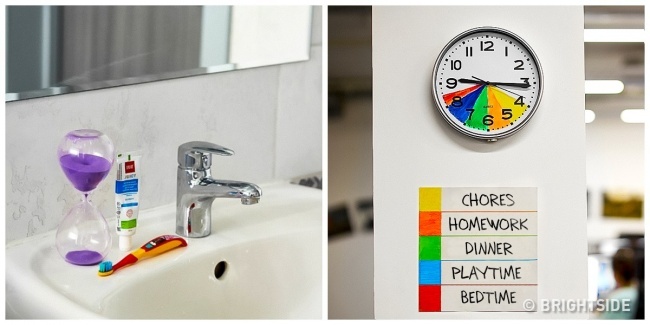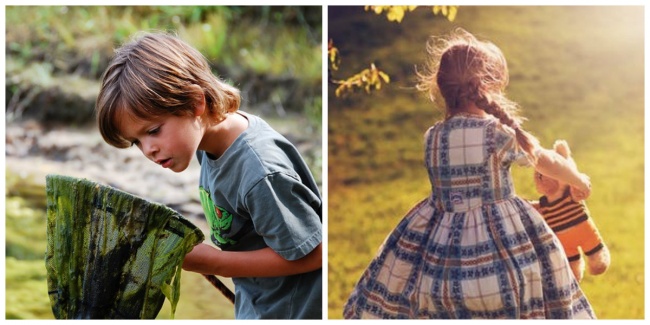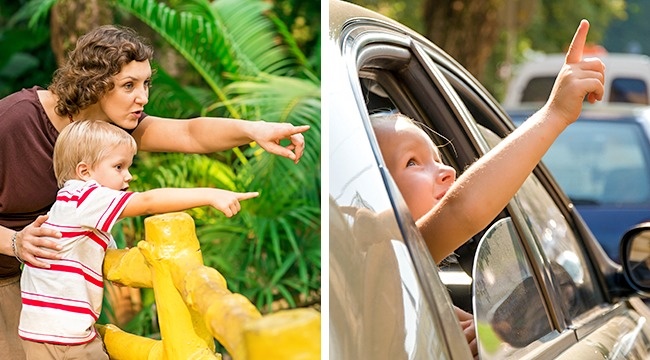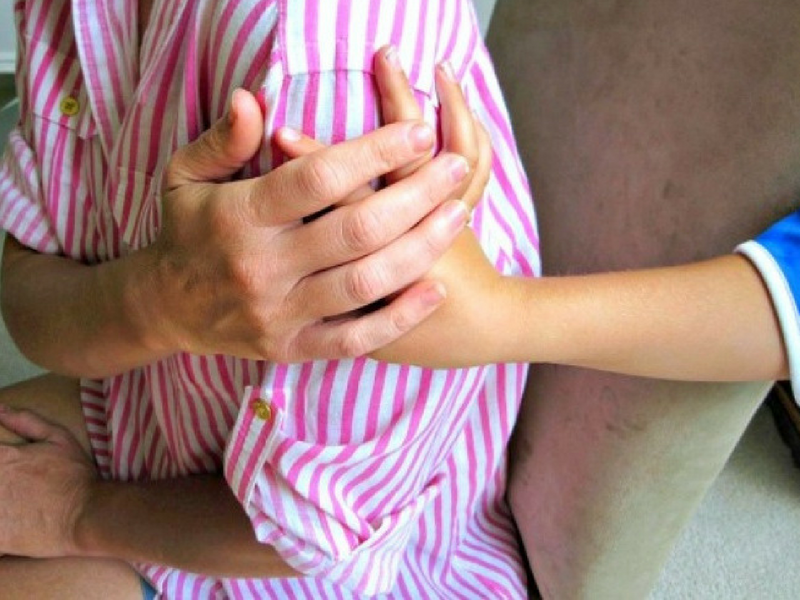Via Becoming Unbusy: 10 Benefits Kids Gain From An UnBusy Life
Take life at the pace that suits you & your family.
I sit with feet stretched out in front of me, bark chips in my sandals and the sound of playful children in my ears.
It’s been twenty minutes since school got out, and already it’s only my three kids and a few others left on the playground.
When a public park sits right in between your elementary school and the parking lot, you have a prime opportunity for people watching. Five days a week.
Every day I watch as parents gently prod their children past the park, their kids throwing longing looks over their shoulders. (Swings must look exhilarating when you’re five years old and headed for a booster seat in a dark SUV.)
Plenty of parents let their kids burn off some energy before heading on, and some stay long enough for their kids to get immersed in a game of tag while they chat with fellow parents.
That said, not many of them linger past the half-hour mark; they have places to go.
But a lot of days, I stay, my feet planted in the bark chips as I push a soaring child on the swings or cheer another one across the monkey bars.
We have time to linger. We’ve got no reason to hurry.
Maybe you’re the same kind of parent, soaking in the sun at a park five states away from me. Or maybe you tend to keep a full schedule and are curious about doing life and parenthood another way.
I believe everyone should take life at the pace that suits them, and the pace that happens to suit my family is a slow, purposeful one. If you too would like to embrace an un-hurried life, here are ten benefits I’ve noticed in my own kids from living at the pace we enjoy.
10 Benefits Kids Gain from an UnBusy Life
1. They have more time for unstructured play, more time to tinker.
Play is often talked about as if it were a relief from serious learning. But for children play is serious learning. — Fred Rogers
2. They spend more time in nature than busy kids.
I want my children to know nature—to feel the crunch of dried pine needles under their shoes, to take in the view from the upper branches of a tree—so that they can grow to love it. For us, that simply means making the time to get outdoors.
3. They have time to follow their curiosity.
4. They are less entitled.
I’ll be the first to tell you that our family fights entitlement in other places; I think all parents do. But my kids don’t expect to be signed up for the next sports season before the current one even ends. Expensive art classes or private music lessons aren’t on their radar. In this sense, their entitlement meter is blessedly low.
5. They have less agitated parents.
When we rush our children from one activity to the next, we sacrifice the ability to be in the moment. Worry and agitation build. A slower lifestyle often translates to calmer parents and calmer kids, and I think calm and content parents is one of the greatest gifts we can give our families.
6. They sleep better.
A brain that is firing from one thing to another has a harder time settling into deep sleep. Children included.
7. They’re familiar with boredom.
You’ve seen it, right? Boredom carves out this amazing space where kids can draw on their own resources and get creative with their time. Plus, kids who are familiar with boredom often develop rich inner lives.
And someday, they will be excellent at waiting to grab their luggage and de-plane.
8. They’re free for playdates, any time.
How rare is that these days?
9. They don’t feel rushed to grow up.
With fewer outside influences in their lives, kids can remain kids just a bit longer.
10. They come to value simple living.
Someday in the not-too-distant future, my kids may start asking for more activities, more lessons, more museum trips, more social engagements. And when they do, I’ll follow their lead—but with caution. I know myself and my kids, and I’m more than willing to set up boundaries that allow us plenty of downtime, plenty of white space for our souls.
My hope is that when they’re grown, they’ll remember dozens of afternoons at the park across the street and hundreds of evenings with toy lightsabers, pink scooters, and neighborhood friends out on our front lawn.
They’ll remember complaining to their mom about being bored and then finally giving up and getting lost in the world of Harry Potter on the top bunk.
They’ll know that their mom did her best to find a pace that suited her—and them.
And they’ll build lives of their own, with an awareness that pace and contentedness go hand in hand.




